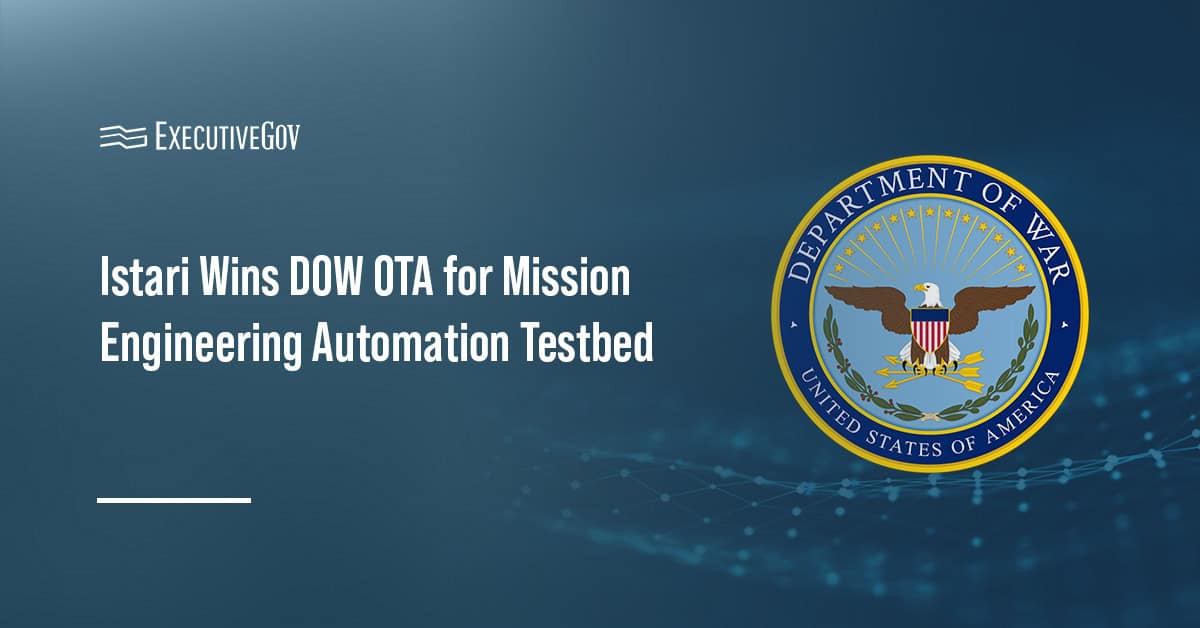The Department of Homeland Security has released a document meant to help companies design positioning, navigation and timing systems with cybersecurity features such as zero trust.
DHS’ science and technology directorate said Monday the PNT Reference Architecture guide includes application examples involving system resilience approaches and is a continuation of version 2.0 of the Resilient PNT Conformance Framework.
Kathryn Coulter Mitchell, acting undersecretary for DHS S&T, noted that global positioning systems and other PNT-based services have multiple applications across the critical infrastructure sector.
For example, timing information from GPS plays a critical role in telecommunications and is used for network synchronization. It is also used for certain protective functions in the power grid,” she added.





